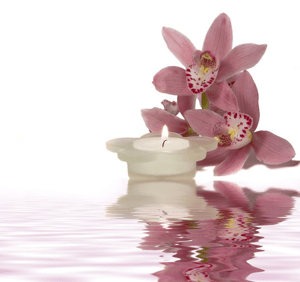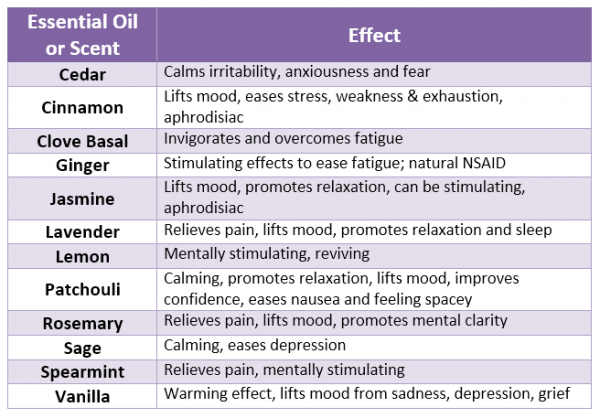 Every major holiday, my second cousin opens his home to family. I, along with my brother, started joining them a few years ago following the death of my father. This new ritual became a way for me to renew my relationship with my mother’s side of the family (she has been gone since I was a teen). It was Thanksgiving. I could not arrive empty handed even though I was told not to bring a contribution. I brought a token of appreciation—a special winter holiday candle; it was a balsam & cedar candle which my cousin’s wife proclaimed as her most favorite scent. She is a kindred spirit, you see. Another tradition was born and I gift her that candle each year which she burns all season.
Every major holiday, my second cousin opens his home to family. I, along with my brother, started joining them a few years ago following the death of my father. This new ritual became a way for me to renew my relationship with my mother’s side of the family (she has been gone since I was a teen). It was Thanksgiving. I could not arrive empty handed even though I was told not to bring a contribution. I brought a token of appreciation—a special winter holiday candle; it was a balsam & cedar candle which my cousin’s wife proclaimed as her most favorite scent. She is a kindred spirit, you see. Another tradition was born and I gift her that candle each year which she burns all season.
What does this have to do with living with pain?
I started to think about how our senses can help block pain—physical or emotional. As the winter season approaches, there are special scents that represent the celebrations, no matter your religious practice or family traditions. Certain smells can trigger joy, relaxation and even heightened energy; this can be particularly true if this season carries happy memories for you.
Just think about this. The lining of the nose and sinuses lies very closely to our brain. There are “smell” receptors cells in your nose which communicate directly to special areas of your brain where emotions and memories are stored. This area of the brain is called the limbic system where the amygdala and hippocampus reside. Some researchers believe that breathing in scents, particularly those from essential oils, stimulate your brain and impact your sense of wellbeing. For example, lavender may affect brain cells in the amygdala like medications used to decrease anxiety or as sleep aids. Other scientists’ think that the effect of certain scents contribute to changes in your hormone levels or reactivity.
Makes sense to me, right? Whether the reaction from what you smell can be contributed to the recalling of pleasant memories or influencing a natural chemical reaction in the body—the right type of smell can be beneficial. This use of scent for health and wellbeing is commonly described as aromatherapy. Aromatherapy can be helpful in the management of:
- Pain
- Mood: sadness, depression, anxiety
- Sleep Difficulties
- Disruptions in thinking, learning, understanding, memory
What is Aromatherapy?
Aromatherapy, by definition, is the therapeutic use of plant essential oils, whether absorbed through the skin or olfactory system (aka your sense of smell). Essential oils are subtle, aromatic, volatile liquids extracted from various parts of a plant. They can be inhaled and some can be rubbed directly on the skin. Many popular perfumes are made with blends of essential oils. Use of aromatherapy is growing; they are popular in spas, massage therapy settings, chiropractic offices, rehabilitative therapy centers, and some retail stores.
Two Cents on Scent

Aromatherapy has a rich history
There are many more scents to consider besides the ones I mentioned. You may be surprised to find out how these scents and others can be used as a valuable tool for your pain treatment plan. Begin slowly and keep it simple. As you enjoy the winter season, take note of the scented candles and oils used around you, which ones do you gravitate to and how they make you feel. Later, you can take it a step further. Seek out an Aromatherapy expert in your area who can help you find quality product and guide their safe use.
Balsam and Cedar
Personally, I plan to share with my cousin the special features of the balsam and cedar scent. You see, balsam comes from the trunk of the tree contains a mix of a number of substances that are generally related to cinnamon, vanilla, and clove fragrances and flavorings. Combined with cedar, the scent of this candle can help calm the nerves, lift the mood, enhance energy levels and maybe add a little “zing to their zang”. Happy Holidays!
